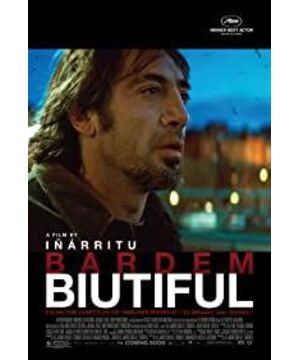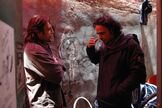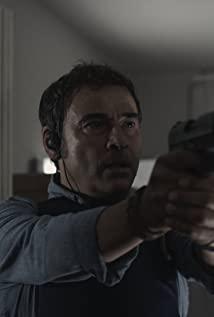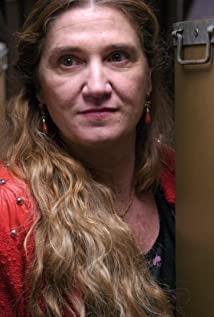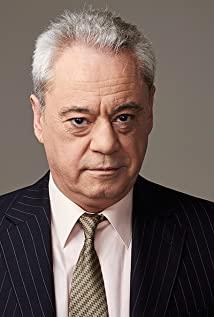Inarido tells us a very depressing story, a really complete one, and of course it's relative to Babel, son of a bitch, and 21 grams. Looking at the spoiler, the synopsis said that the director did not give up hope in the end, and there is still light in the darkness. Is the last part of the film continuing the hallucination at the beginning, is it really hope?
The protagonist's cancer is in the late stage, his wife is anxious and divorced, but he still seeks love and is the protagonist's elder brother, leaving behind two children who are not familiar with the world. At the end of life, throwing can not escape all kinds of burdens. But the protagonist didn't want to escape either.
Inarido's films are always mixed with a little philosophical thinking, but he always throws us questions without giving us answers. A movie is a complete story, but it's just a fragment of life. It doesn't have a beginning, let alone an end. Maybe when we reflect, whatever comes to mind is our own answer. Ina's film is very responsible.
Always feel that extremes will reverse, contrary to inheritance. Themes that are too realistic will eventually drift into a kind of fantasy. Just as the protagonist is psychic, the director tries his best to bring us closer to a reality, but in a different way, pulls it away from reality. So I say he's telling a story outside of reality.
Who is the man the protagonist sees in the head-to-tail echo? his father? Listening to the sound of the sea and the wind, it is rare to smile.
View more about Biutiful reviews


